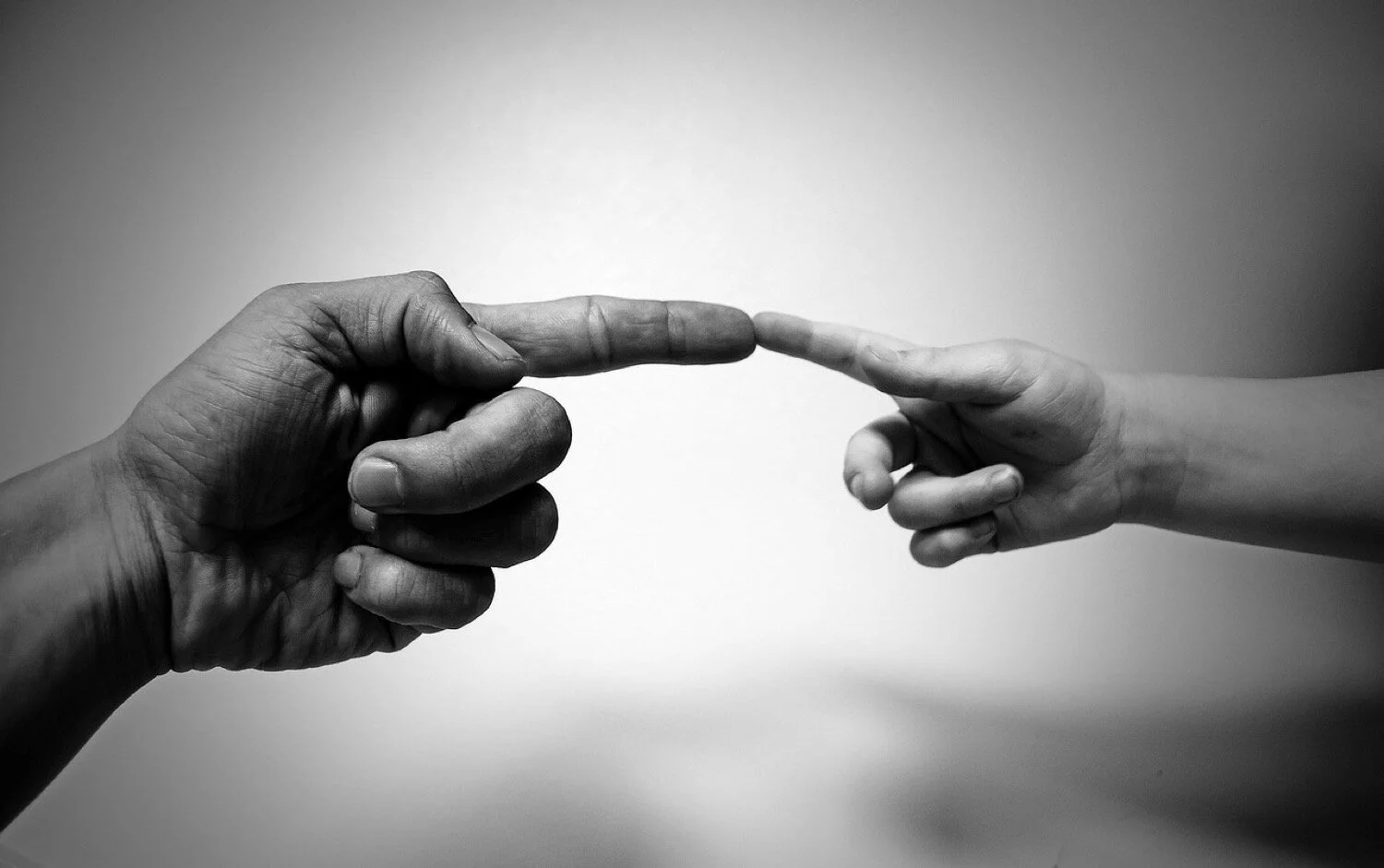Readings for today: Psalms 134-137, 1 Corinthians 9
Human beings are deeply complex creatures. They are an inscrutable mix of desires, passions, thoughts, life experiences, and core beliefs. They cannot be flattened into two-dimensional caricatures. They resist broad categorization. They refuse to conform to general stereotypes. Each person is unique. Each person fearfully and wonderfully made. I love how Christian Smith puts it in his book, What is a Person?…
“By person I mean a conscious, reflexive, embodied, self-transcending center of subjective experience, durable identity, moral commitment, and social communication who - as the efficient cause of his or her own responsible actions and interactions - exercises complex capacities for agency and intersubjectivity in order to develop and sustain his or her own incommunicable self in loving relationships with other personal selves and with the non-personal world.”
If you are like me, you had to read and re-read that statement several times to really understand it and that makes perfect sense. After all, we are made in the image of God. We are finite creatures created to reflect the infinite. We are temporal creatures created to reflect the eternal. We are mortal creatures created to reflect the immortal. As such, we should expect complexity. We should expect intricacy. We should expect enigma and inscrutability. This is normal when one speaks of the human creature. It’s also why we have to meet each person where they’re at. We can’t make assumptions. We have to lay aside any expectations. We have to approach each person individually with a heart to listen and learn.
This is the genius of Paul. He finds a way to meet each person right where they are. He treats each person as a unique creature worthy of God’s unconditional love. He believes with all his heart that no one is beyond the reach of God’s amazing grace. Listen to how he describes it from our reading today, “For though I am free from all, I have made myself a servant to all, that I might win more of them. To the Jews I became as a Jew, in order to win Jews. To those under the law I became as one under the law (though not being myself under the law) that I might win those under the law. To those outside the law I became as one outside the law (not being outside the law of God but under the law of Christ) that I might win those outside the law. To the weak I became weak, that I might win the weak. I have become all things to all people, that by all means I might save some. I do it all for the sake of the gospel, that I may share with them in its blessings.” (1 Corinthians 9:19-23) If Paul were using today’s categories, he might say, “To the Republicans, I joined their convention in order to win Republicans. To the Democrats, I joined their administration in order to win Democrats. I invited both conservatives and progressives into my life, listened and loved them well, in order to win them with the gospel. I spent time with those who were masked and unmasked, vaccinated and unvaccinated, refusing to use shame or fear to coerce behavior, instead choosing the way of grace in order to win them to Christ. I have become all things to all people that by all means I might save some.” This is the way of the Kingdom. This is the way of Jesus.
Over the last year to eighteen months, my heart has been broken by the number of divisions that have fractured the Body of Christ in America. Rather than cling to Jesus and walk in the way of grace, we cling to Self and walk in the way of the devil. We judge our brothers and sisters. We exclude and divide. We isolate and separate. We justify our sinful attitudes and actions by claiming “healthy boundaries” or by cutting those we consider “toxic” out of our lives. We rarely, if ever, acknowledge our own “toxicity”, of course. We shift blame. We externalize responsibility. Our problems or the world’s problems are always someone else’s fault. Even more tragically, those who differ from us are not just wrong, they are evil. They are beyond the reach of God’s forgiveness and grace. They are not worth our time or attention. They don’t deserve the gospel and they certainly shouldn’t be allowed in church. Sadly, I’ve heard and read these comments from people in my own church family and it breaks the heart of God. It is not the way of Jesus.
Friends, Jesus met us where we’re at. He came to us while we were still sinners. While we were still dead in our trespasses. While we were still at war with Him. He became our peace by tearing down every wall that separated us from Him. How can we - who call ourselves Christ-followers - not do the same for others?
Readings for tomorrow: Psalms 138-141, 1 Corinthians 10:1-22
